Paraeforce Herbicide | 1L
Paraeforce Herbicide | 1L is a non-selective contact agricultural herbicide, desiccant for control of grasses and broad leaved weeds
Active Ingredient:
-
Paraquat Dichloride (typically 13-30% w/v ≈ 130-300 g/L).
Formulation: Soluble Liquid Concentrate (SL) – often green/blue dye added to deter misuse.
Mode of Action: Contact herbicide – destroys plant cell membranes on contact.
Primary Use: Fast burndown of weeds in agriculture, plantations, and industrial sites.
KEY FEATURES & CHARACTERISTICS:
| Property | Details |
|---|---|
| Speed | Visible wilting in hours; complete kill in 1-3 days. |
| Selectivity | Non-selective (kills all green plants). |
| Residual Activity | None – deactivates on soil contact. |
| Rainfastness | Resists wash-off after 15-30 minutes. |
| Key Targets | Annual grasses/broadleaves (e.g., Echinochloa, Amaranthus). |
| Ineffective Against | Perennial roots, woody stems. |
APPLICATION GUIDE:
| Use Case | Dilution (per 10L water) | Spray Volume |
|---|---|---|
| General weed control | 100-200 mL | 200-300 L/ha |
| Directed orchard spray | 150-250 mL | Spot application |
Critical Requirements:
-
Mandatory PPE: Respirator, chemical-resistant gloves/apron, goggles, boots.
-
Avoid drift: Use coarse spray nozzles; no spray in winds > 10 km/h.
-
No re-entry: 24-48 hours after application.
DANGERS & LIMITATIONS:
-
Human Health Risks:
-
Skin contact: Causes severe burns, ulcers, and systemic toxicity.
-
Inhalation: Lung fibrosis (irreversible scarring).
-
Chronic effects: Linked to Parkinson’s disease.
-
-
Environmental Risks:
-
Highly toxic to birds, fish, and bees.
-
Soil contamination: Persists in clay soils.
-
-
Agronomic Limits:
-
No root kill – weeds often regrow.
-
Ineffective on large/woody plants.
-
Additional information
| Weight | 13 kg |
|---|

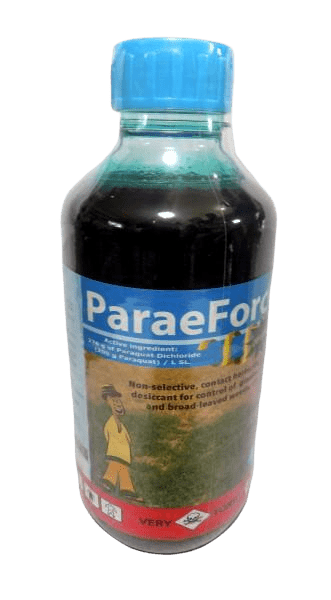
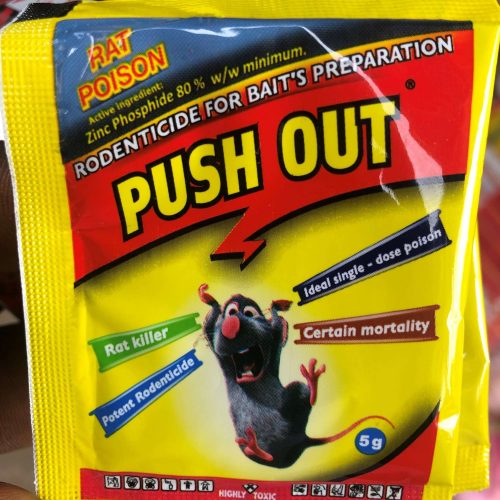
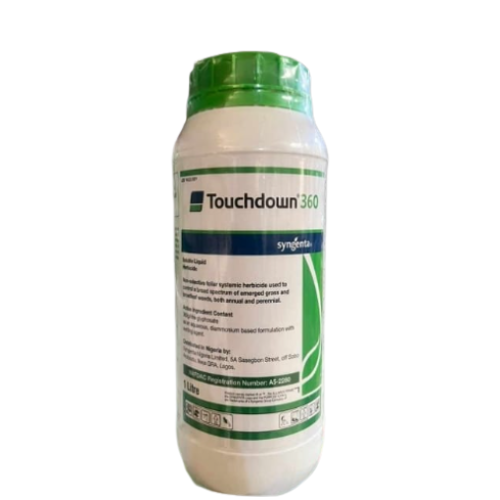
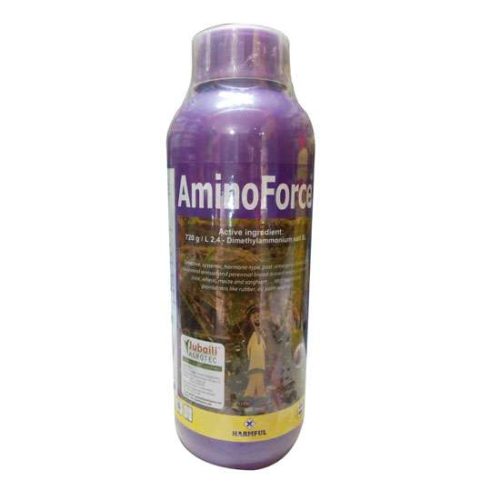
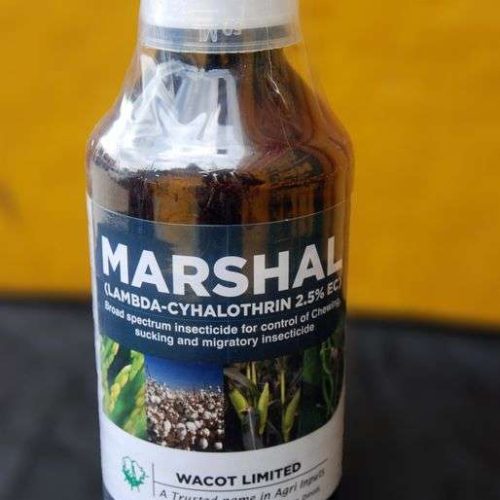
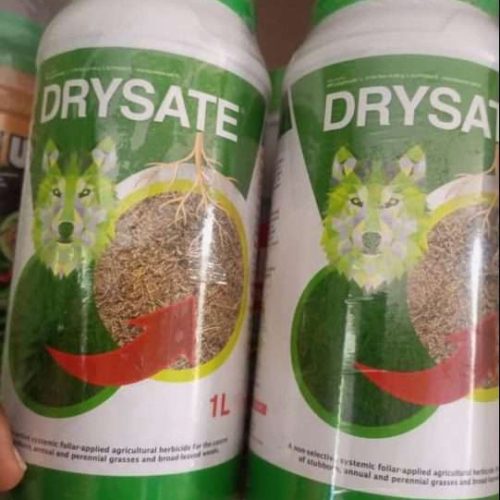
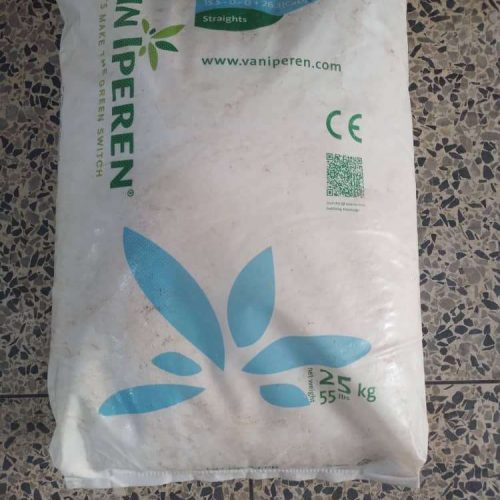

Reviews
There are no reviews yet.